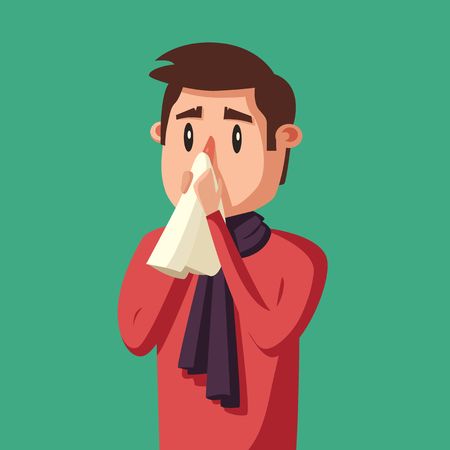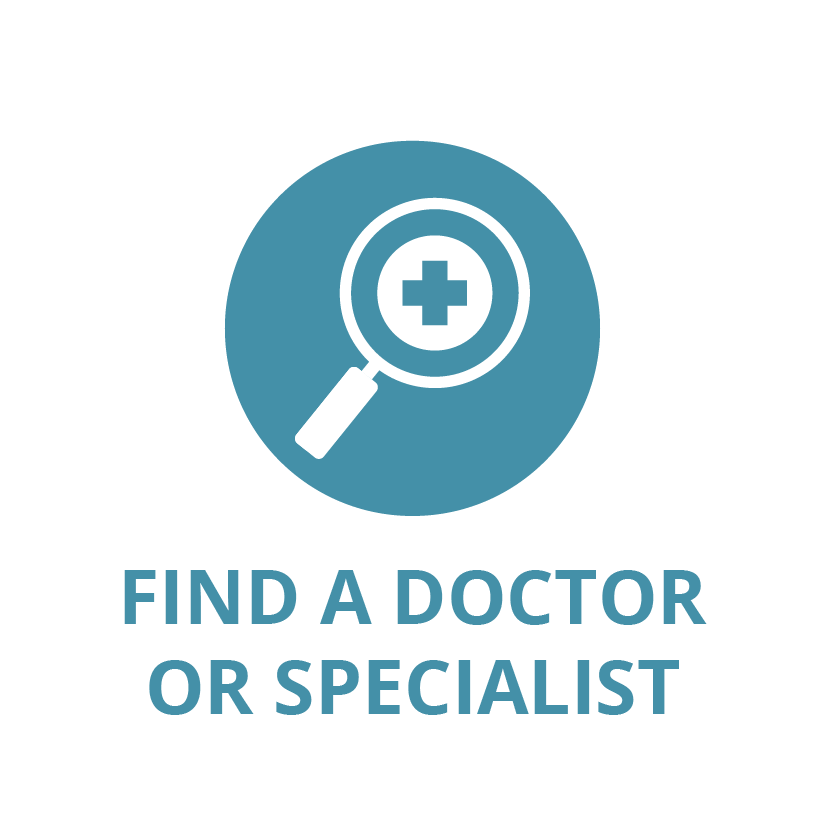Your AHP Insurance in Action
Healthcare insurance in America can be very confusing. Terms like copay, deductible, in-network provider, and others can be difficult to understand for young adults and students from countries with very different healthcare systems.
Students who subscribe to Academic HealthPlans (AHP) enjoy very good health coverage compared to many other insurance policies across the nation. In addition to very good coverage, you have the added benefit of having access to Student Health Services where 100% of services you may receive are covered by your AHP plan.
"But wait!" you may say, "I thought my insurance plan was Aetna?!" This is a very good question and before we see your AHP insurance in action, it would be best to understand the difference between AHP and Aetna.
| Academic HealthPlans (AHP) is your plan administrator. AHP provides the following services:
|
Aetna Life Insurance Company is your actual insurance carrier. Aetna provides the following services:
|
Next, meet Javier. Javier is an exchange student from Colombia. Javier recently became sick. The good news for Javier is that he is an AHP subscriber. After reviewing 12 Tips for AHP Subscribers and AHP Frequently Asked Questions, Javier is ready to go! Follow the three different scenarios below to see how Javier uses his AHP insurance to access healthcare to get to feeling better so he can return to the soccer field and his studies.
 |
Follow Javier as he visits Texas Tech University Student Health Services. | |
| Follow Javier as he visits an Urgent Care Clinic. | ||
| Follow Javier as he accesses healthcare by a Virtual Visit. | ||
To better understand your AHP insurance, please review the following insurance terms and concepts.
Premium - a premium is what you pay to have health insurance.
For AHP, some subscribers pay their premiums by semester, others per month, and some by the year. International students pay their premiums twice a year and the charge is applied to their Student Business Services account.
In-Network vs Non-Network Provider - In-network means that an insurance provider is in contract with a healthcare providing facility and healthcare provider (individual doctor). To experience the greatest amount of savings, only use in-network providers. If you choose a non-network provider, you can expect to pay more for the services you receive.
For AHP, visit our Find a Doctor tool on Aetna's website. Student Health Services is in-network with your AHP plan.
Copayment (Copay) - a fixed amount you pay for health care services at the time of your visit with a healthcare professional.
For AHP, one of the great things about receiving your care at Student Health Services is we consider your copayment already paid through the Student Health and Wellness Fee you pay (or elect to pay if you are a graduate student) every semester. Therefore, Student Health Services does not collect a copayment.
Deductible - a deductible is what you have to pay annually before your insurance starts providing payment for services. Deductibles reset every year.
Co-Insurance - a percentage of costs you pay after you met your deductible.
For AHP, there is no co-insurance for services received at Student Health Services and other in-network doctor offices. Student who choose care at an in-network clinic will have to pay the copayment at the time of their visit. Co-insurance does apply to other services received outside of an in-network office visit.
Out-of-Pocket Maximum - the most you will pay for covered services in a plan year. After you spend this amount on deductibles, copayments, and coinsurance, your health plan pays 100% of the costs of covered benefits.
Primary Care - Health services that cover a range of prevention, wellness, and treatment for common illnesses. Primary care providers include doctors, nurses, nurse practitioners, and physician assistants. They often maintain long-term relationships with you and advise and treat you on a range of health-related issues. They may also coordinate your care with specialists.
For AHP, Student Health Services should be your first stop for primary care services. Other in-network primary care providers can found on the Find a Doctor tool on Aetna's website.
Urgent Care - Care for an illness, injury or condition serious enough that a reasonable person would seek care right away, but not so severe it requires emergency room care.
For AHP, Urgent Care clinics are the best option if you are unable to get an appointment with Student Health Services or any other Primary Care clinic of your choice. In Lubbock, most Urgent Care clinics are contracted with AHP by the Provider's name! This means that before you use the Find a Doctor tool, you need to:
1. Find an Urgent Care Clinic in your Maps App that is convenient for you.
2. Find out what individual providers practice at the Urgent Care Clinic of your choice.
3. Use the Find a Doctor tool on Aetna's website to see if a provider who practices at the Urgent Care Clinic you choose is in-network with Aetna.
If you select the Urgent Care tab in the Find a Doc tool, only one clinic will be listed as in-network. In Lubbock, Urgent Care clinics are all over town. In most of these cases, it is not the clinic that contracts with AHP, but the individual provider.
Virtual Visit or Teledoc - due to advances in technology, many symptoms can be assessed and treated by a video visit with a medical provider. Aetna is contracted with Teledoc and services can be accessed from the convenience of your dorm room.
For AHP, this is a great option if you are unable to get a face-to-face appointment at Student Health Services or don't want to leave your dorm room. Not all symptoms are appropriate for virtual visits. Some examples of appropriate visits would be follow up visits, medication management, chronic disease management, sharing test results, cold, flu or allergy, new parenting questions, general health questions, mental health issues or questions, allergies, etc.
Emergency Room (ER)- Is the place you need to go if you need emergency care. Emergency rooms have all the equipment to save your life if you have a major accident or life-threatening incident or illness. Because of this, Emergency Rooms are very expensive and should only be accessed in the case of an emergency.
For AHP, the Emergency Rooms in close proximity to Texas Tech University are University Medical Center and Covenant.
If you need transportation to the ER, dial 911 and you will be escorted by ambulance.
Student Health Services
-
Address
Texas Tech University, Student Wellness Center, 1003 Flint (Corner of Flint and Main) Lubbock, TX 79409 -
Phone
806.743.2848 -
Email
studenthealthservices@ttuhsc.edu



